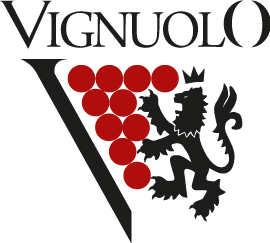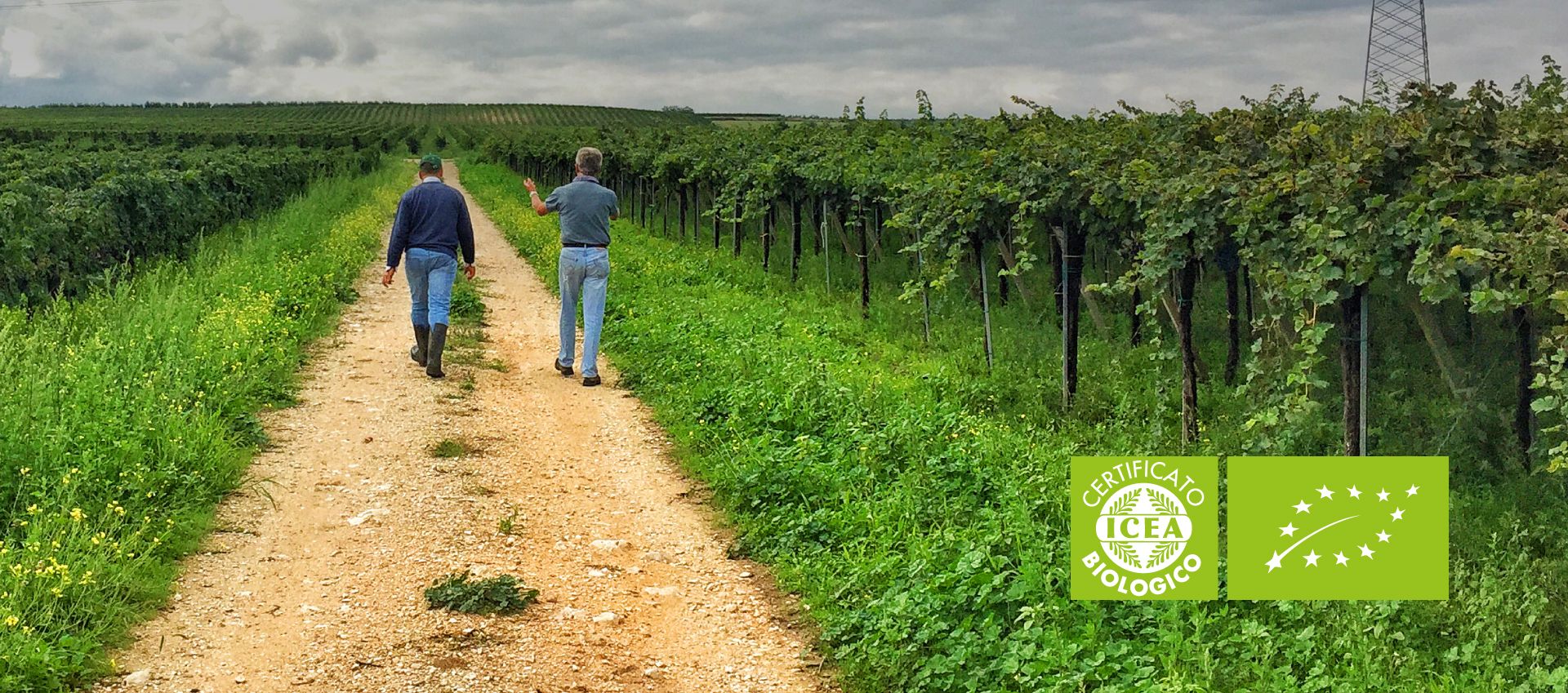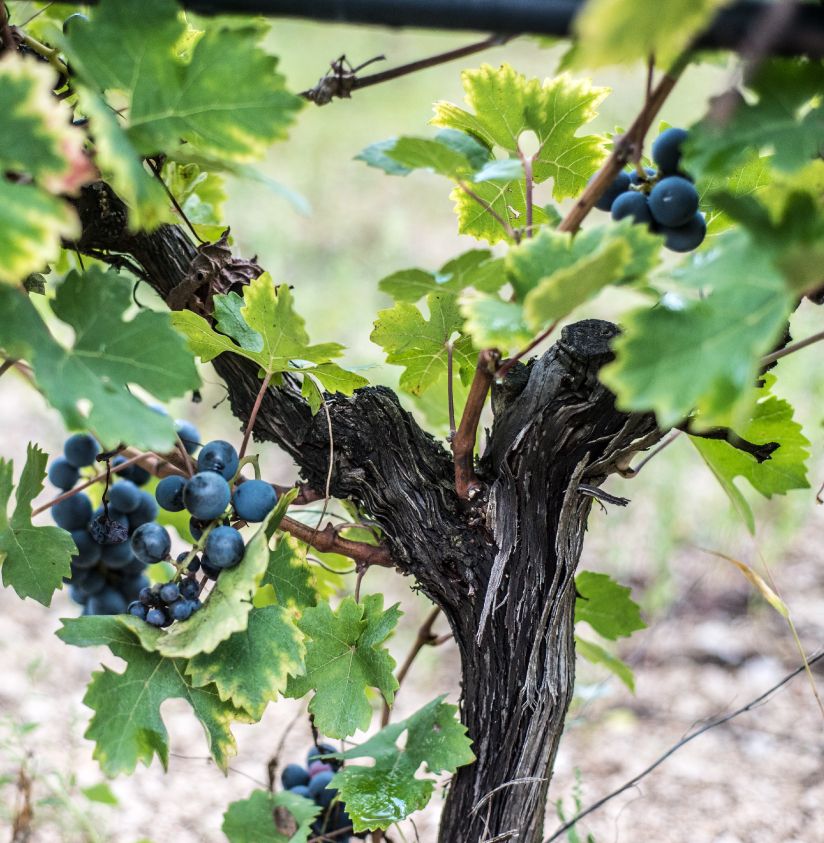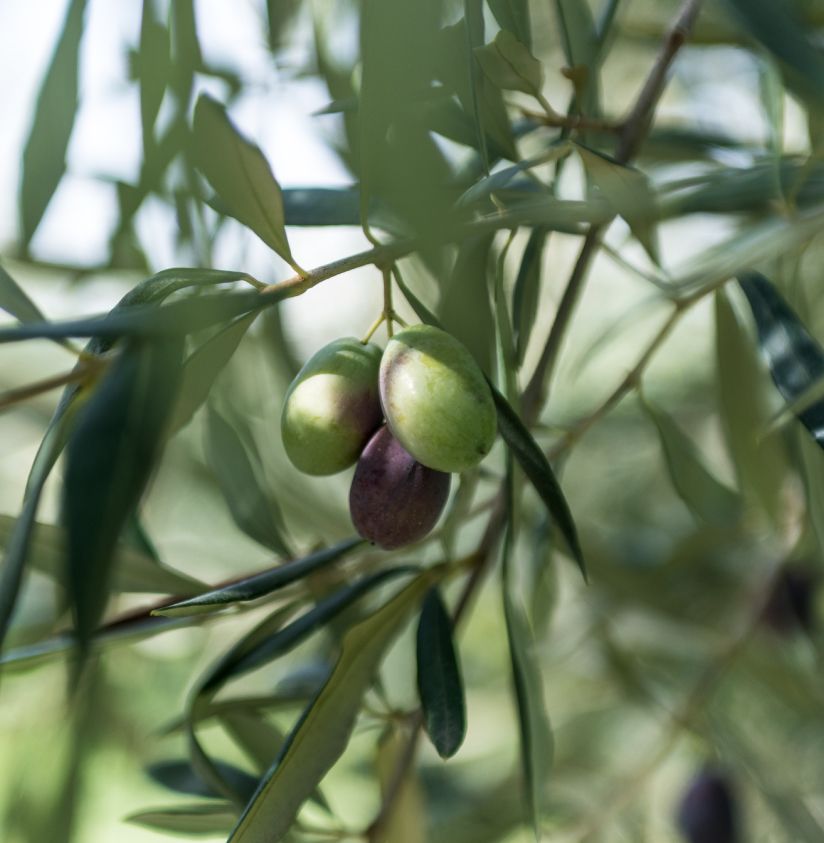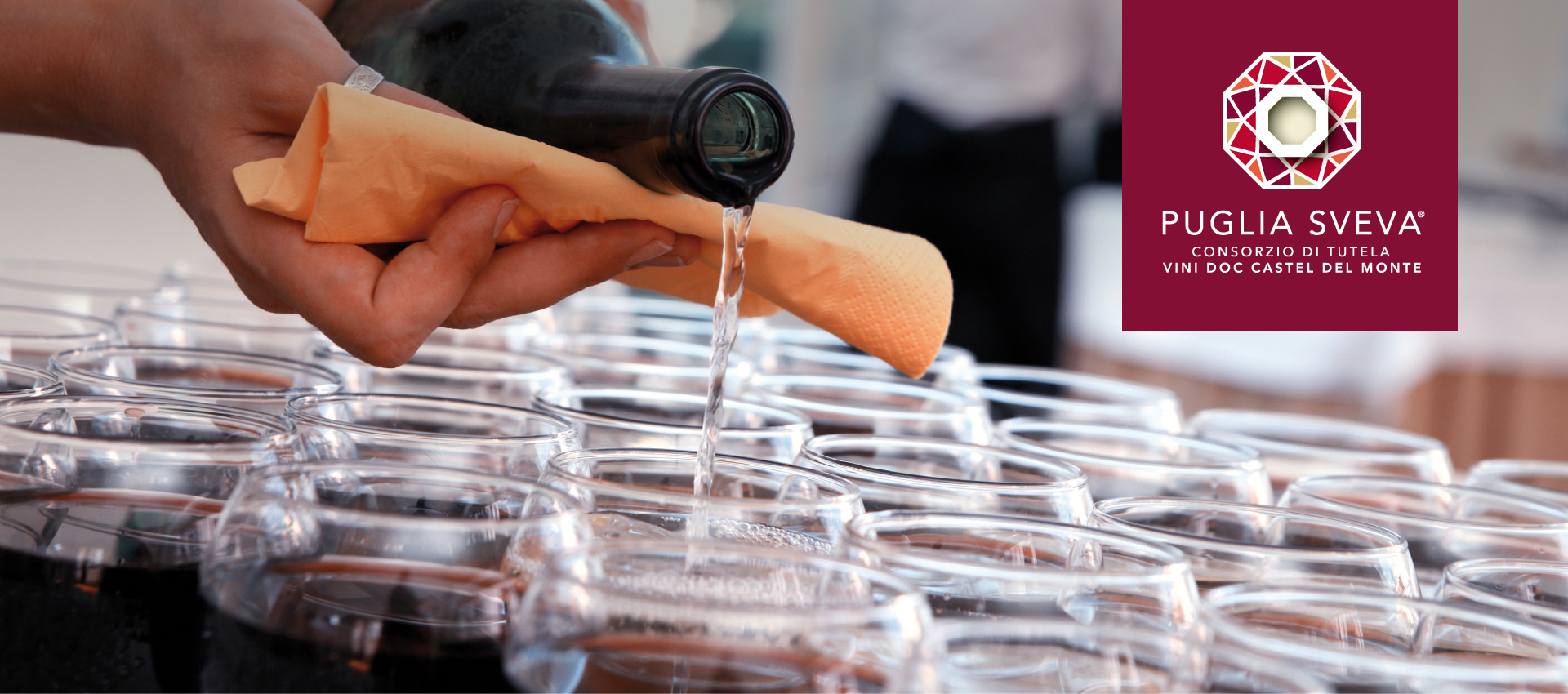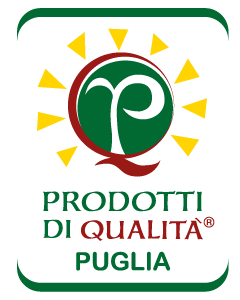
La Cantina di Andria branded Vignuolo made its products compliant with the highlights of the mark “Prodotti di Qualità Puglia”, a trademark of collective EU quality with indication of origin. This mark may be licensed for use to all EU producers for agricultural and food products and services, which in accordance with Community law, they enjoy special protection in the European Union and meet certain quality requirements. The goal of the brand is to ensure the quality of the product and its indication of origin ensuring the complete product traceability.
